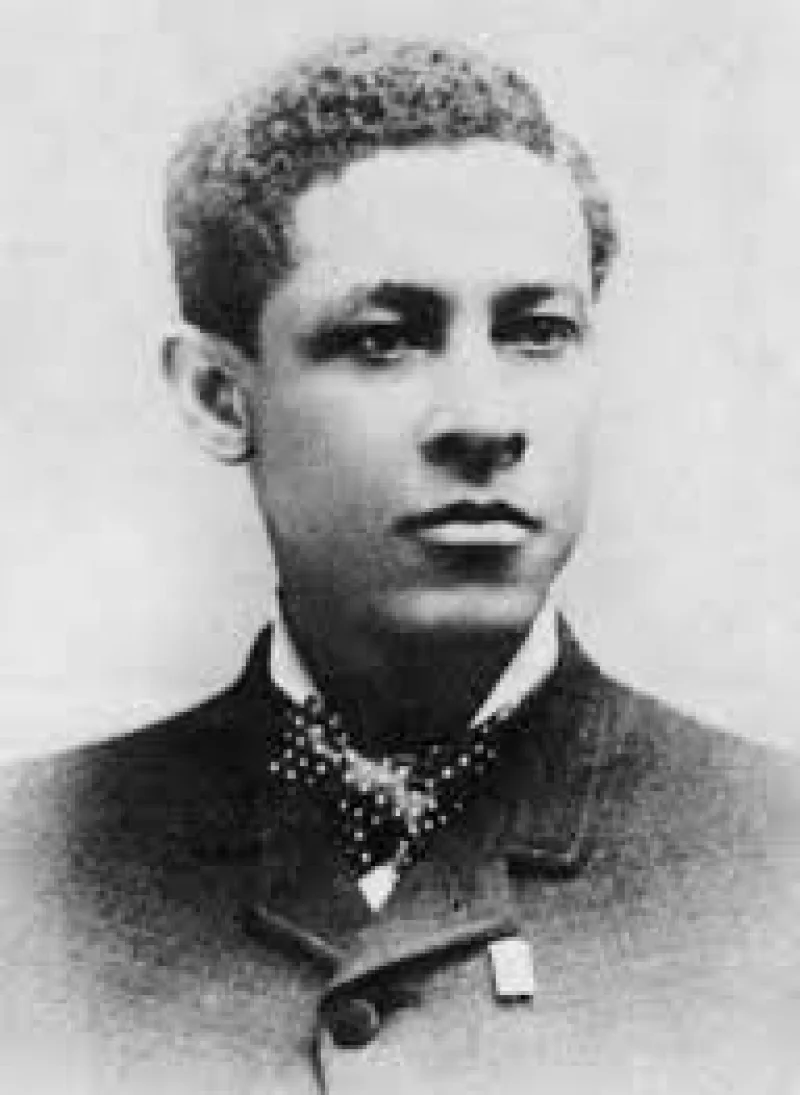Short Summary
Fritz Haber was a German chemist who made significant contributions to science and industry, most notably through the development of the Haber-Bosch process for synthesizing ammonia from nitrogen and hydrogen gases. This invention revolutionized agriculture by providing an efficient method to produce fertilizers, thereby helping to feed the world’s growing population. However, his involvement with chemical warfare during World War I has also made his legacy controversial. His work earned him the Nobel Prize in Chemistry in 1918.
Early Life & Education
Fritz Haber was born on December 9, 1868, in Breslau, which was then part of the Kingdom of Prussia. He was the son of Siegfried Haber, a well-established Jewish merchant, and Paula Haber. After his mother's early death, he was raised by his father and stepmother. Haber showed an early interest in chemistry, which led him to study at the University of Berlin and later at the Technical University of Berlin. Influenced by his professors, he developed a strong foundation in chemical engineering and physical chemistry, which would be pivotal in his future scientific endeavors.
Career Highlights
Fritz Haber's career was marked by his groundbreaking work at the interface of chemistry and industry. In the early 20th century, he worked at the University of Karlsruhe, where he developed the Haber-Bosch process, enabling the mass production of ammonia. This process was crucial for the production of fertilizers. During World War I, he directed Germany's chemical warfare efforts, contributing to the development of poisonous gases. After the war, Haber continued his research in chemistry and became the director of the Kaiser Wilhelm Institute for Physical Chemistry and Electrochemistry in Berlin.
Major Achievements
- Developed the Haber-Bosch process, revolutionizing agriculture by enabling large-scale ammonia production.
- Awarded the Nobel Prize in Chemistry in 1918 for his work on the synthesis of ammonia from its elements.
- Played a leading role in the development of chemical warfare during World War I.
Famous Quotes
- "In peace, for mankind; in war, for the fatherland."
- "The world is not rich enough to lose the best minds in a futile waste of war."
Interesting Facts
- Haber's work on ammonia synthesis is estimated to support one-third of the world's population through modern agriculture.
- Despite his contributions to Germany during World War I, he was forced to leave the country in 1933 due to his Jewish heritage.
- His wife, Clara Immerwahr, was also a chemist and tragically took her own life, reportedly due to her opposition to his work on chemical weapons.
Legacy / Influence
Fritz Haber's legacy is a complex one, marked by both immense scientific achievement and moral controversy. His development of the Haber-Bosch process has had a lasting impact on global agriculture, making it possible to sustain a large global population. However, his role in chemical warfare has sparked ethical debates about the responsibilities of scientists. His contributions to chemistry are still recognized and studied today, illustrating the dual-edged nature of scientific progress.
FAQ
Q: Why is Fritz Haber famous?
A: He is famous for the Haber-Bosch process, which revolutionized the production of fertilizers, and for his controversial involvement in chemical warfare during World War I.
Q: What did Fritz Haber win the Nobel Prize for?
A: He was awarded the Nobel Prize in Chemistry in 1918 for his synthesis of ammonia from its elements, a key innovation for agriculture.
Q: How did Fritz Haber's work affect agriculture?
A: His development of the Haber-Bosch process enabled the large-scale production of ammonia-based fertilizers, significantly boosting agricultural productivity worldwide.











